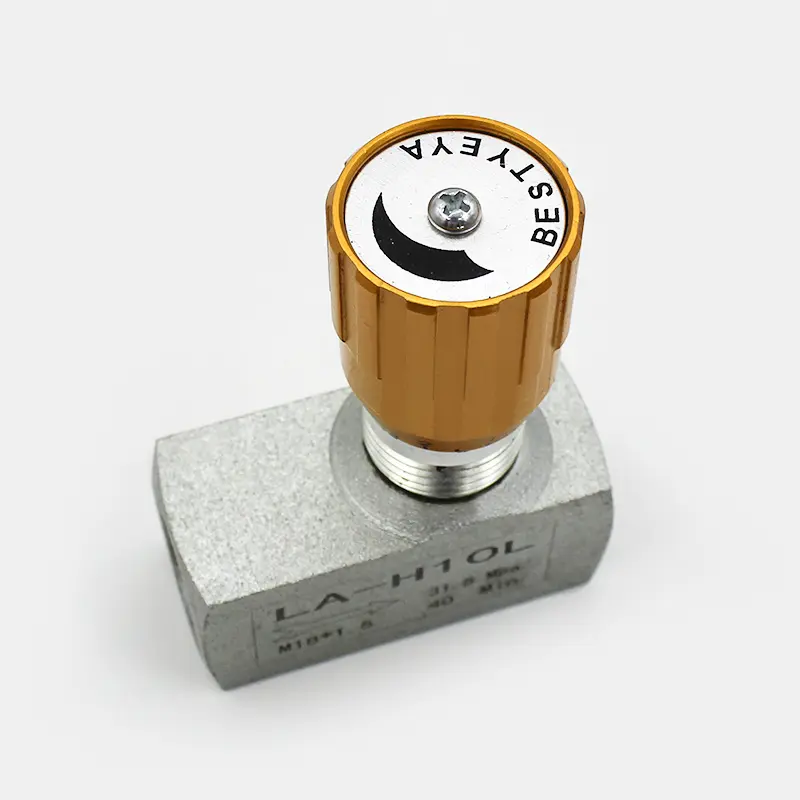
Optimizing Industrial Processes and Achieving Energy Savings through Flow Control Valves
2024-09-07In today's industrial landscape, energy savings and emissions reduction have become critical goals for sustainable development. Flow control valves, as key control components, play a vital role in optimizing industrial processes and enhancing energy efficiency. This blog will explore how the effective application of flow control valves can optimize industrial processes, leading to energy savings and emissions reduction.
1. Basic Principles of Flow Control Valves
Flow control valves are primarily used to regulate the flow and pressure of fluids, ensuring that systems operate at their optimal state. By precisely controlling flow, these valves help industrial equipment work more efficiently, reducing unnecessary energy consumption.
2. Optimizing Fluid Flow for Enhanced Efficiency
In many industrial applications, the flow and pressure of fluids need to be adjusted based on actual demand. Flow control valves can automatically adjust flow rates according to real-time data, preventing over-supply. This dynamic regulation not only improves system responsiveness but also significantly lowers energy consumption.
For example, in water supply systems, flow control valves can automatically adjust water flow based on usage demands, preventing resource wastage. In HVAC systems, these valves can regulate cooling or heating flow based on room temperature changes, thus enhancing energy efficiency.

3. Reducing Equipment Wear and Extending Lifespan
The effective use of flow control valves not only boosts energy efficiency but also reduces equipment wear. In unstable fluid flow conditions, equipment is prone to failures, leading to downtime and repairs. By regulating flow, flow control valves can maintain fluid flow stability, thereby lowering equipment failure rates and extending lifespan.
4. Data-Driven Decision Making
Modern flow control valves are often equipped with sensors and intelligent control systems that can monitor flow and pressure in real-time. This data not only helps optimize current operations but also provides a basis for future decision-making. By analyzing historical data, companies can identify inefficiencies and implement improvement measures.
5. Case Studies
Many companies have successfully implemented optimization strategies using flow control valves. For instance, a chemical plant introduced smart flow control valves to adjust fluid flow in production processes, achieving a 20% reduction in energy consumption and a 15% decrease in emissions. This success story demonstrates the potential of flow control valves in energy savings and emissions reduction.
Conclusion
Flow control valves are essential tools for optimizing industrial processes and achieving energy savings. By precisely controlling flow, reducing equipment wear, and leveraging data-driven decision-making, companies can not only enhance production efficiency but also contribute to sustainable development. As technology continues to advance, flow control valves will play an even larger role in various industrial sectors. Companies should actively explore the applications of flow control valves to achieve more efficient and environmentally friendly production models.




